UN inquiry concludes Israel committed genocide in Gaza; Netanyahu among those accused of incitement
A United Nations Commission of Inquiry has concluded that Israel committed acts of genocide in Gaza, accusing Prime Minister Benjamin Netanyahu and other top officials of incitement. Israel has rejected the findings as “scandalous” and politically motivated.
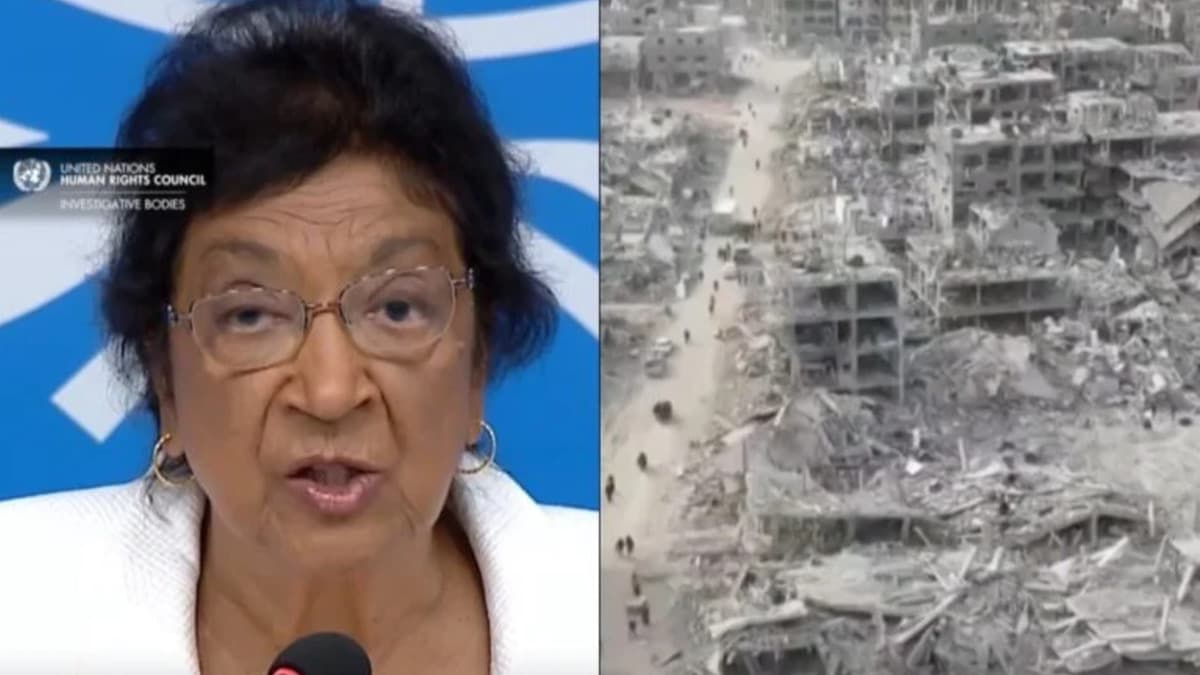
- UN Commission of Inquiry says Israel committed genocide in Gaza, citing intent to destroy the Palestinian population.
- The report accuses Israeli leaders, including Prime Minister Netanyahu, of incitement and systematic attacks against civilians.
- Israel rejected the findings as biased and refused to cooperate with the commission.
A United Nations Commission of Inquiry concluded on 16 September that Israel has committed genocide in Gaza and that senior Israeli officials, including Prime Minister Benjamin Netanyahu, incited such acts.
Israel dismissed the findings as “scandalous” and politically driven, maintaining that its military campaign is an act of self-defence against Hamas.
UN commission alleges genocidal acts in Gaza
The commission’s chair, Navi Pillay, a former judge of the International Criminal Court and former UN High Commissioner for Human Rights, said the evidence showed that genocide was taking place in Gaza.
She asserted that Israel’s leadership had orchestrated a campaign with the specific intent to destroy the Palestinian population.
According to the 72-page report, the inquiry identified four genocidal acts carried out by Israeli forces: mass killings, causing severe harm, imposing destructive living conditions, and preventing births.
The findings were based on interviews, satellite imagery, medical testimony, and verified documents. Among the documented incidents was the destruction of a fertility clinic, which the report said contributed to a pattern of targeting reproductive health facilities and impeding population renewal.
The commission said this, combined with restrictions on humanitarian aid and large-scale civilian deaths, amounted to systematic actions aimed at the destruction of the Palestinian population in Gaza.
Israel rejects report as “libellous rant”
Israel’s ambassador to the UN in Geneva, Daniel Meron, denounced the report as a “libellous rant” prepared by “Hamas proxies.”
He said the commission operated under a “politically motivated and anti-Israel mandate,” adding that Israel would not cooperate with what it regards as a biased investigation.
While the commission operates independently of the UN Secretariat, its report represents one of the most forceful legal assessments by a UN-affiliated body regarding the Gaza conflict.
The UN itself has not officially used the term “genocide,” though several rights groups and governments have urged it to adopt that classification.
Context of the ongoing Gaza war
Israel is currently facing a separate genocide case at the International Court of Justice (ICJ) in The Hague, initiated by South Africa.
Israel insists its military actions constitute self-defence in response to Hamas’s 7 October 2023 attacks, which killed around 1,200 people and resulted in 251 hostages, according to Israeli authorities.
The subsequent Israeli military campaign has killed more than 64,000 people, according to the Gaza Health Ministry, which is administered by Hamas.
International food monitors have warned that famine conditions exist in parts of Gaza, and the World Health Organization continues to report widespread destruction of hospitals and health facilities.
Evidence of incitement and dehumanisation
The inquiry highlighted statements from senior Israeli leaders, including President Isaac Herzog and former defence minister Yoav Gallant, as examples of rhetoric consistent with genocidal intent.
It cited a November 2023 letter from Prime Minister Netanyahu to Israeli soldiers, in which he referred to operations in Gaza as a “holy war of total annihilation,” drawing parallels to biblical narratives.
Pillay, who led the UN tribunal for Rwanda, said such language mirrored patterns observed during the 1994 Rwandan genocide, where dehumanising speech preceded mass killings.
“The use of language depicting entire populations as animals or subhuman is one of the clearest indicators of genocidal intent,” she said.
While the ICJ has noted similar rhetoric in its provisional rulings, it has not explicitly named Netanyahu or other Israeli officials as respondents in the genocide case.
Calls for accountability and state responsibility
The commission’s findings could increase international pressure on states and organisations to reassess their positions on Israel’s Gaza campaign.
Ms Pillay, who will retire in November, urged immediate action by the international community to prevent further atrocities.
“The international community cannot stay silent on the genocidal campaign launched by Israel against the Palestinian people in Gaza. When clear signs and evidence of genocide emerge, the absence of action amounts to complicity,” she said.
She added that under international law, all states are obligated to use all available means to stop acts of genocide once they are aware such crimes are occurring.
Growing global recognition of Palestinian statehood
The release of the UN inquiry coincides with renewed momentum toward formal recognition of Palestinian statehood.
France, Australia, the United Kingdom, and Canada are expected to express support for recognition at the upcoming UN summit in New York on 22 September.
Belgium has already announced that it will officially recognise the State of Palestine during the General Assembly session.
Currently, over 140 of the UN’s 193 member states recognise Palestinian statehood.
Singapore’s cautious stance on recognition
Singapore, along with Japan, South Korea, and the United States, has not recognised Palestine.
On 2 September, Singapore’s Coordinating Minister for National Security, K. Shanmugam, cautioned that immediate recognition might harm rather than help the Palestinian cause.
He argued that recognition without a functioning government, stable institutions, and territorial control would not improve the situation on the ground.
“Recognition must be tied to the strengthening of the Palestinian Authority,” he said, emphasising the need for practical governance structures before diplomatic recognition can be meaningful.
Singapore acceded to the Genocide Convention in 2019 with reservations requiring its consent before any dispute involving its obligations is submitted to the International Court of Justice.
Outlook
The commission’s report has added renewed urgency to calls for accountability in Gaza and may influence ongoing legal and diplomatic proceedings.
As the conflict nears its second anniversary, global debate continues over how to balance state security, humanitarian law, and the prevention of mass atrocity crimes.
Pillay concluded: “Every day of inaction costs lives and erodes the credibility of the international system. States must decide whether they stand for the rule of law or for impunity.”

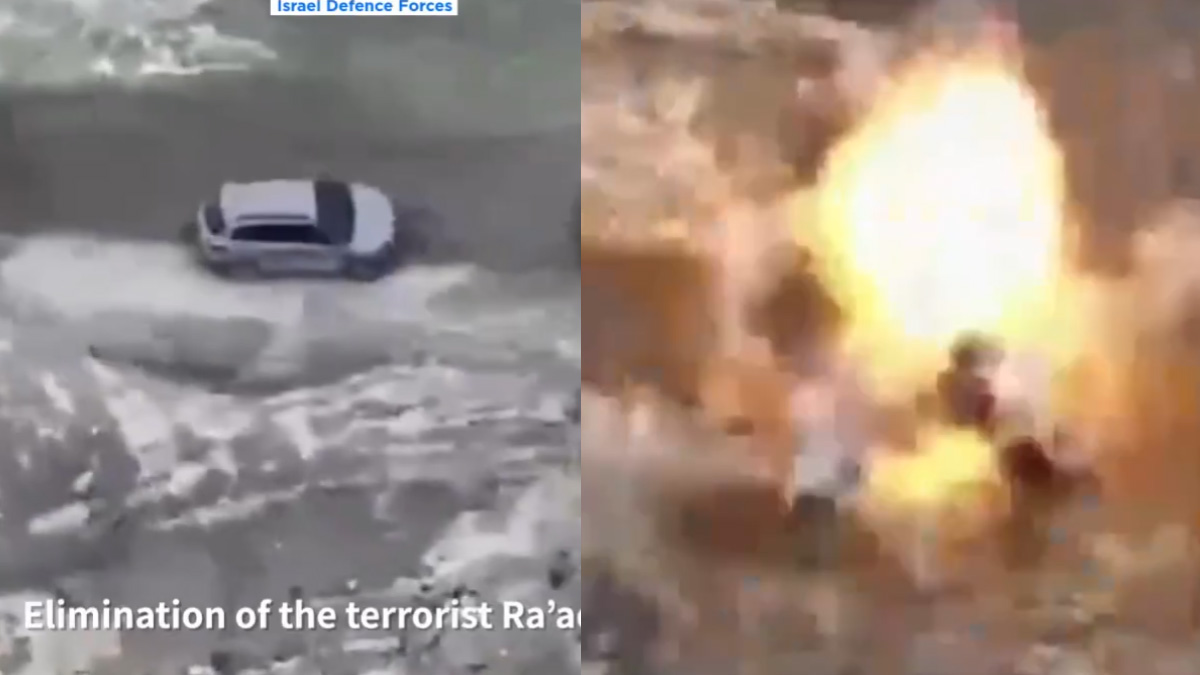
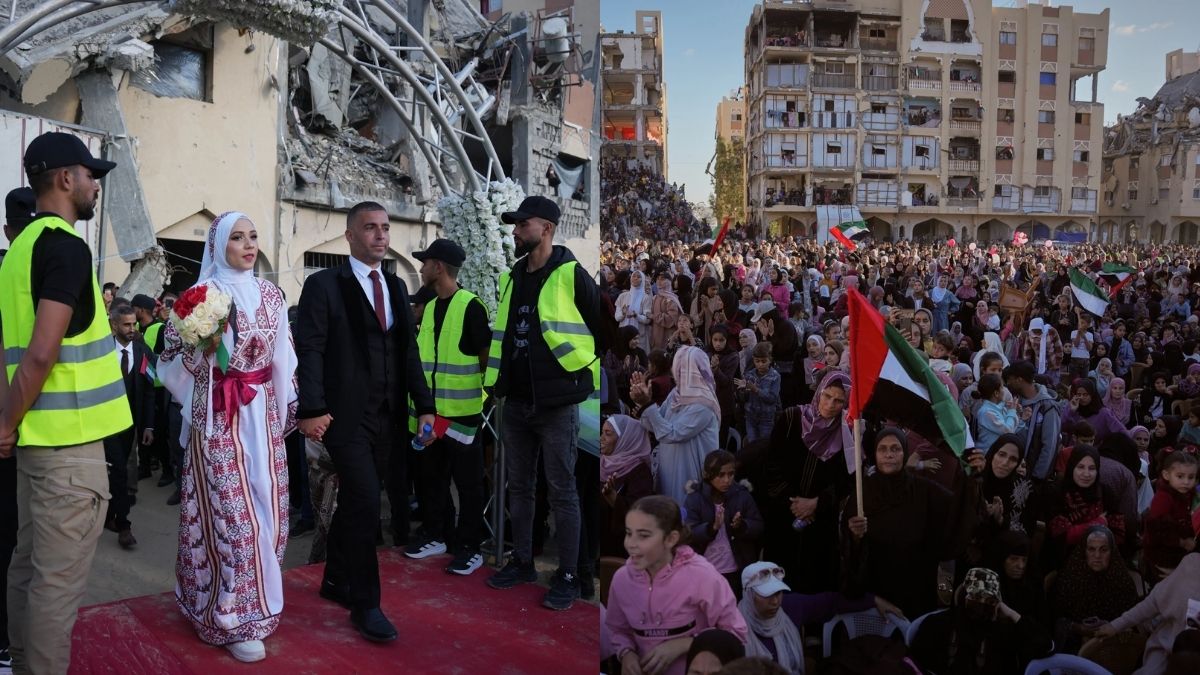
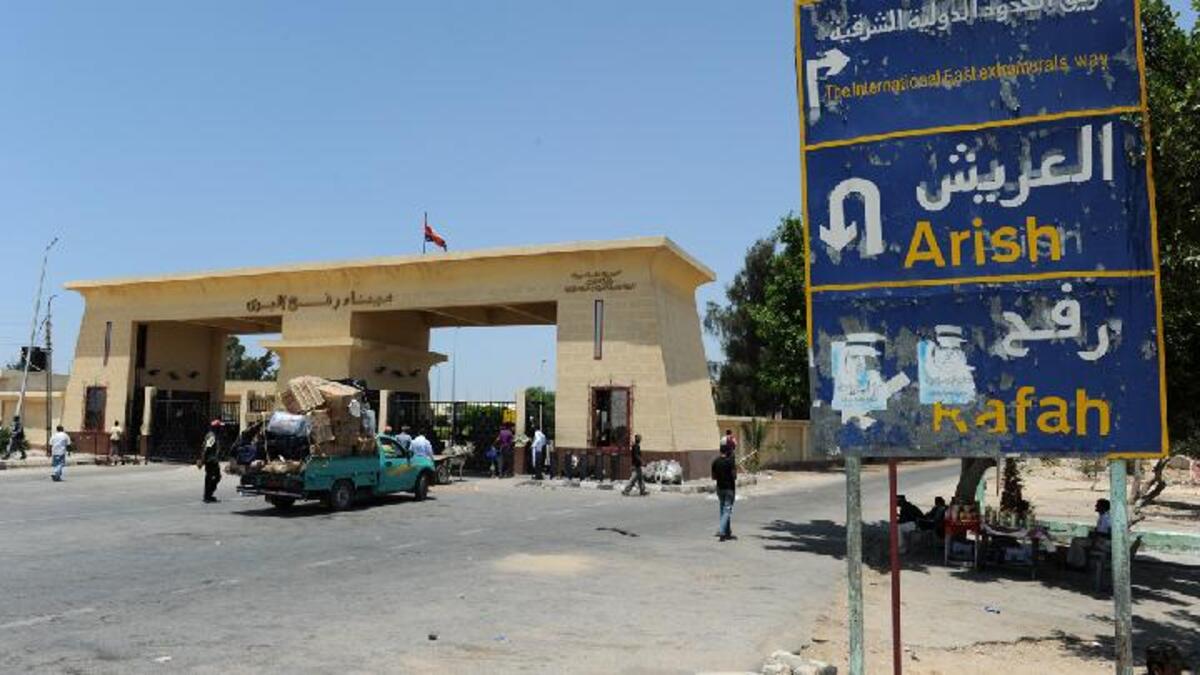
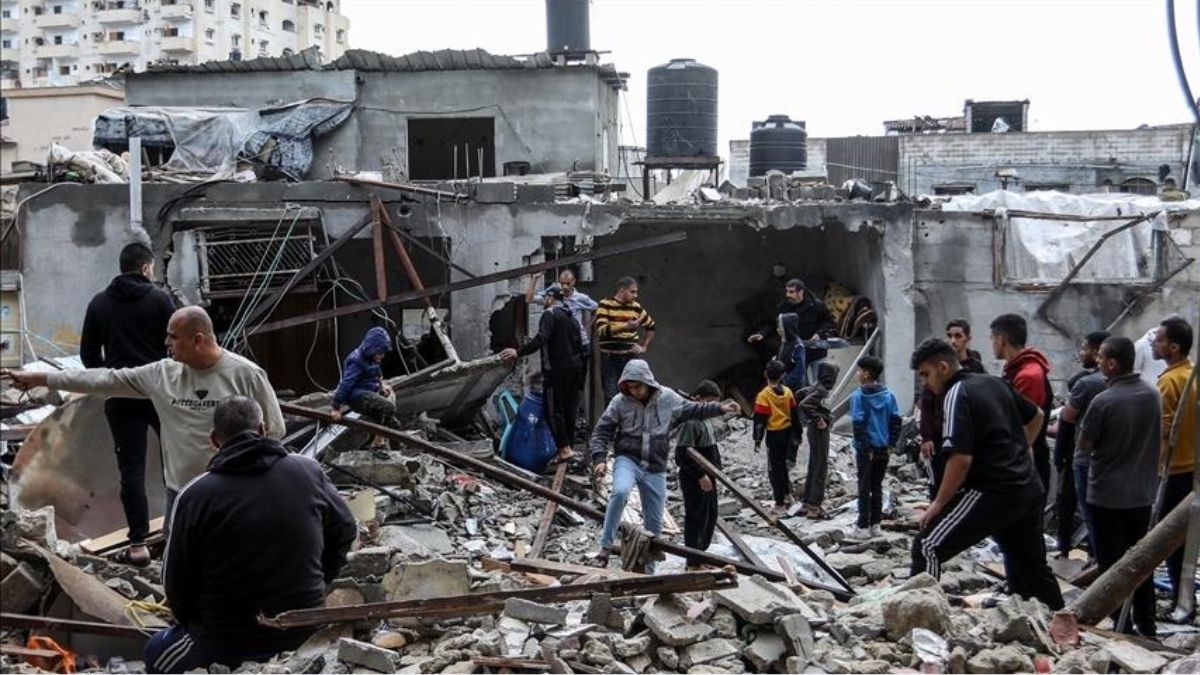


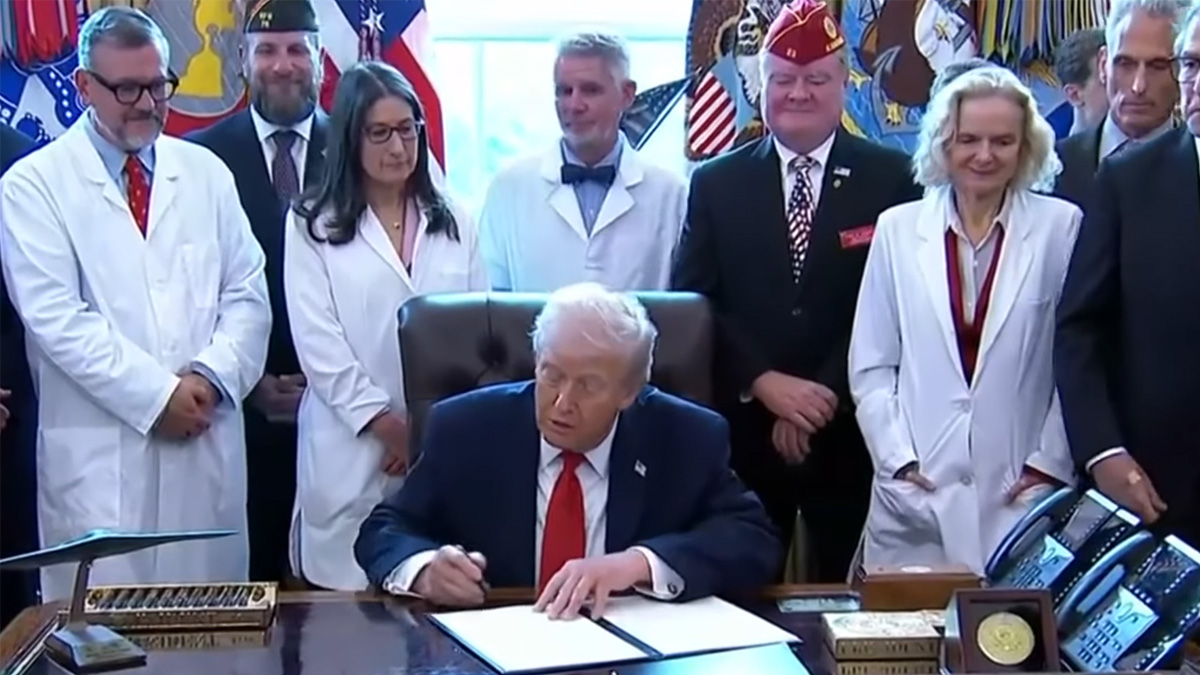

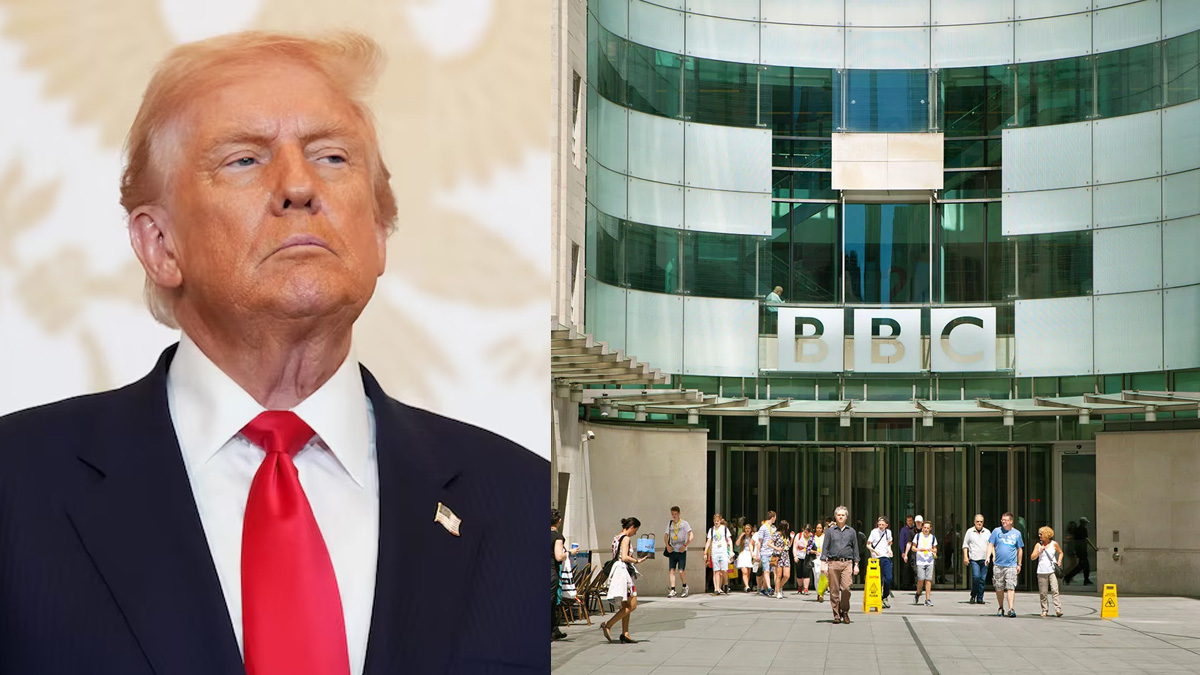
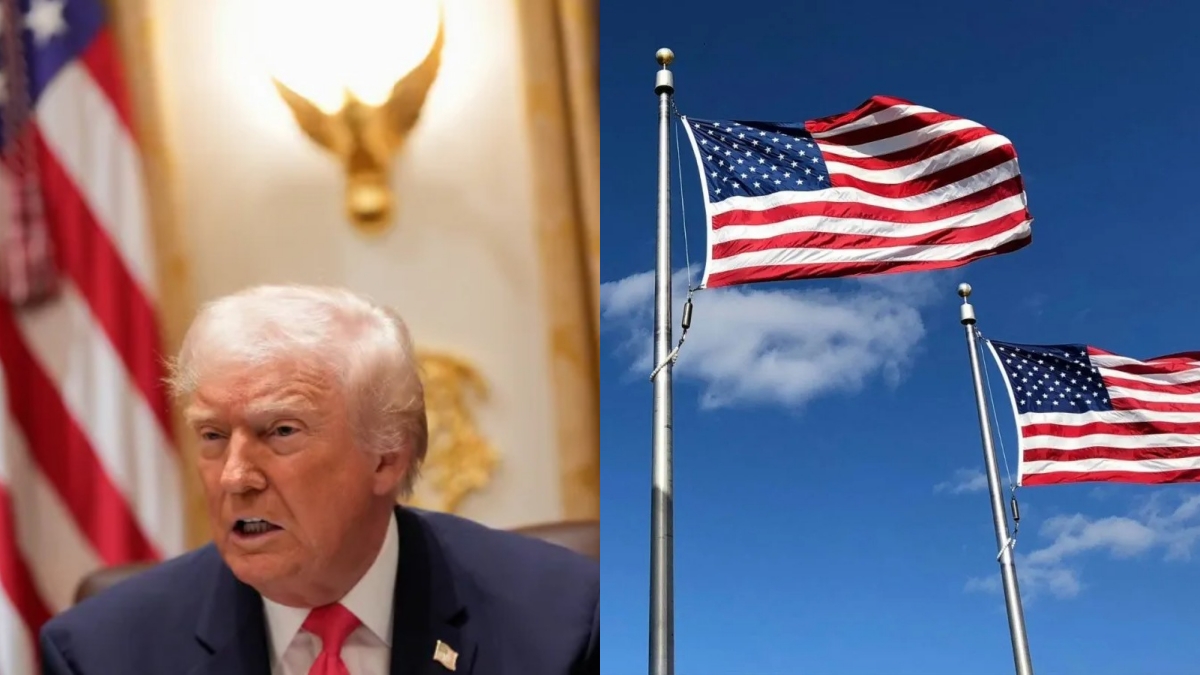
0 Comments